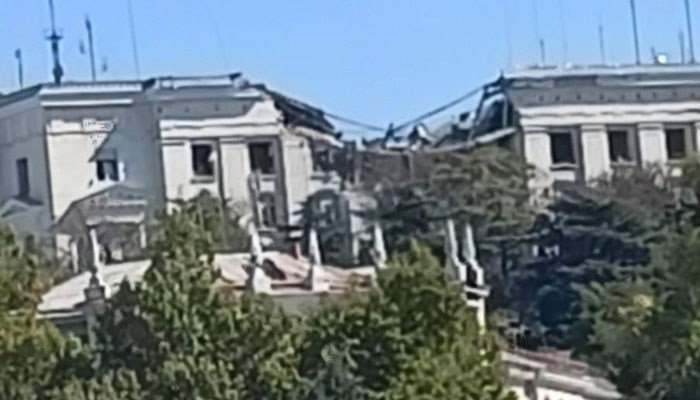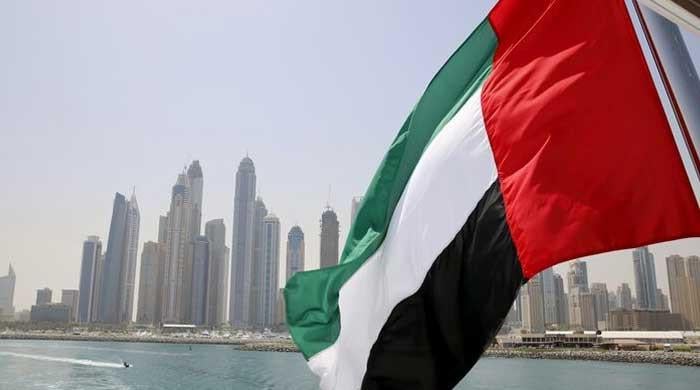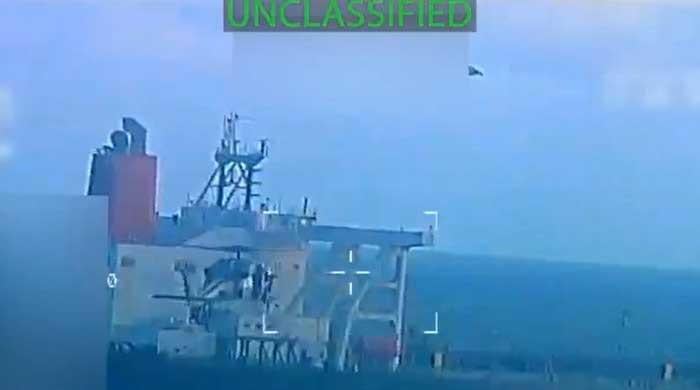Russia-Ukraine war: Moscow's Black Sea Fleet HQ in Crimea destroyed by Kyiv missile
As Russia-Ukraine war deepens, Ukrainian attack, triggered plumes of smoke over the building in Sevastopol, as seen in videos circulated on social media
September 22, 2023

A missile struck the headquarters (HQ) of Russia's symbolic Black Sea fleet in Crimea on Friday, leading to reports of a missing Russian soldier.
The attack, purportedly carried out by a Ukrainian missile, triggered plumes of smoke over the building in Sevastopol, as seen in videos circulated on social media.
Moscow-installed Governor Mikhail Razvozhayev issued a warning to residents, cautioning them about the potential for further attacks and urging them to remain indoors. This incident occurred just ten days after Ukraine launched one of its most substantial assaults on the same fleet.
Shortly after the missile strike, sirens could be heard in the city, prompting concerns among the populace. However, Governor Razvozhayev later declared the alert over, while urging continued vigilance and advising against venturing into the city centre.
Although Kyiv has hinted at its involvement in the attack, it has not directly claimed responsibility. Ukraine's air force commander, Gen Mykola Oleshchuk, acknowledged the strike on Telegram, expressing the sentiment that more such actions were to be expected.
Russia's Black Sea fleet is of significant importance to Kyiv, as it represents the flagship unit of Russia's navy, and its ships have previously launched missiles at Ukraine, causing substantial destruction.
Additionally, Russia has been threatening to block the Black Sea shipping routes utilised by Ukraine for grain exports, which remains a contentious issue for Kyiv.
Meanwhile, diplomatic tensions have escalated over a dispute regarding grain imports in Poland, as Warsaw has indicated it will no longer supply weapons to Ukraine. This development adds another layer of complexity to the ongoing conflict in the region.









